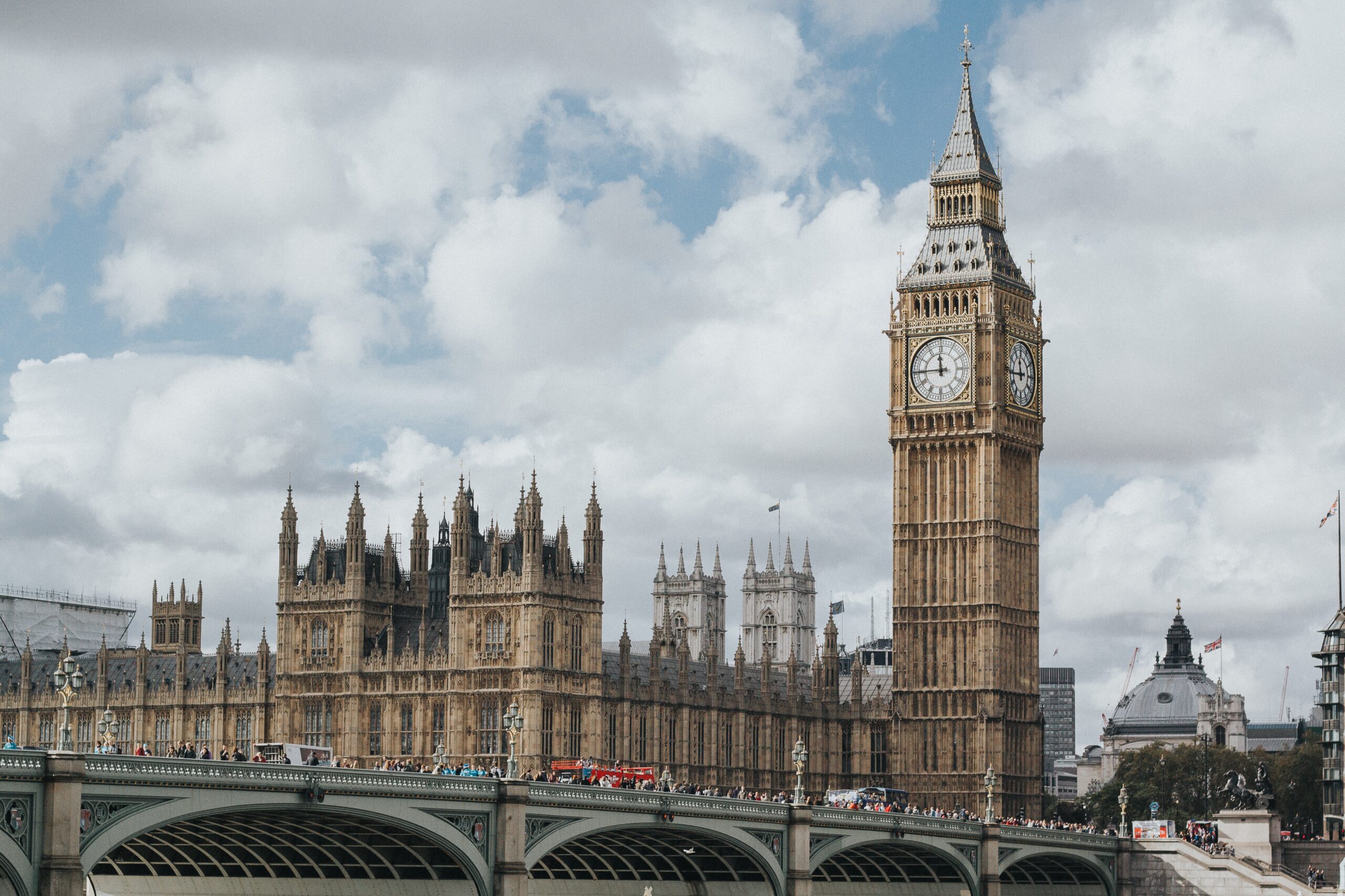 19 Mar
19 Mar
On Tuesday (21.04.20) the End Violence Against Women Coalition submitted evidence to the Home Affairs Select Committee on the Home Office preparedness for COVID-19. The Committee had also previously heard oral evidence from voices within the sector in their session on 15th April.
The full submission is available here.
EVAW’s recommendations, drawn from our recent COVID-19 briefing (available here) included:
The immediate abolition of “no recourse to public funds” rules – national Government should abolish these rules now because they prevent migrant women who are experiencing or at risk of abuse accessing refuges and other support including healthcare, putting them and their children at serious risk. Many of these women are the backbone of the ‘invisible’ workforces on the frontlines now critical to tackling COVID-19 such as care workers, healthcare workers, cleaners and many others.
Emergency resourcing for the specialist violence against women and girls support sector – should be made available immediately in recognition of the increase in ‘demand’ which is already being felt across our sector, and to ensure crisis support is available at the volume needed. There should be a specific ring-fenced grant to the specialist Black and Minority Ethnic (BME) and migrant women’s support sector, recognising that many BME and migrant women will only access these services which are tailored to their support needs. There should also be an urgent conversation with our sector about current commissioning and tendering arrangements to consider the suspension of tendering and automatic extensions of existing contracts approaching their end. Consultation should start now on the post crisis situation, when support services expect to see a surge in help-seekers who present with multiple needs following the easing of lockdown measures, and then again, post-crisis.
Include abuse experts in crisis response planning at national government and every level – Home and Communities Secretaries should establish a high level crossgovernment working group with experts from the specialist women’s sector to track trends and plan to prevent all forms of violence against women and girls. The Domestic Abuse Commissioner and the Victims Commissioner should be invited to feed in directly to this and COBRA planning meetings; and the Devolved administrations, local government, police and health sector leaders should also take advice and input from abuse experts at their highest crisis response planning levels.
National governments should commission public awareness campaigns which builds on the Home Office campaign “You Are Not Alone” and is aimed at (1) potential perpetrators of abuse and (2) neighbours, friends and family. The former should encourage men to seek support if they think they may hurt their partner and family, while making clear that the public health crisis will not be accepted as an excuse for abuse. The latter should build on the advice to “friends and family if you are concerned” pages on the specialist women’s sectors’ websites (which are already seeing a surge in traffic) and enable people to take action when they have concerns. 3 These messages should feature in the daily Downing Street press conference and in paid-for, targeted social and traditional media spaces.
All system leaders should indicate that you are maintaining your vigilance and levels of service to prevent violence against women and children – these include Police Chief Constables and Police and Crime Commissioners; local authority leaders; housing providers; children’s social care leaders; school leaders; senior figures in the welfare system and health leaders.
Proactively locate and plan to protect the most vulnerable – All system leaders, including those in councils, health and policing, should proactively seek out and develop strategies to support women and girls with additional needs and/or barriers to support. The specialist women’s sector’s expertise can help to do this. Think through the threats and needs that could come up for these women and plan to prevent abuse and ensure protection. These women and girls include: those facing domestic and sexual violence already; disabled women and girls; BME women and girls; girls who are not in school; migrant women; trafficked women and girls; homeless women; women in prison; women in immigration detention; and women in prostitution and other forms of sexual exploitation. Urgently review and upgrade the police, social care and school protocols on responding to reports of missing children and adults as a matter of urgency. Make the multi-agency agreements needed now to ensure there are safe reporting pathways for women regardless of their immigration status (women must face zero risk of being treated as immigration offenders when seeking justice or protection).
For more information please see our full submission: EVAW Covid-19 Inquiry Submission
Recommended ARTICLES
 19 Mar
19 Mar
 05 Mar
05 Mar
 27 Feb
27 Feb

